Introduction
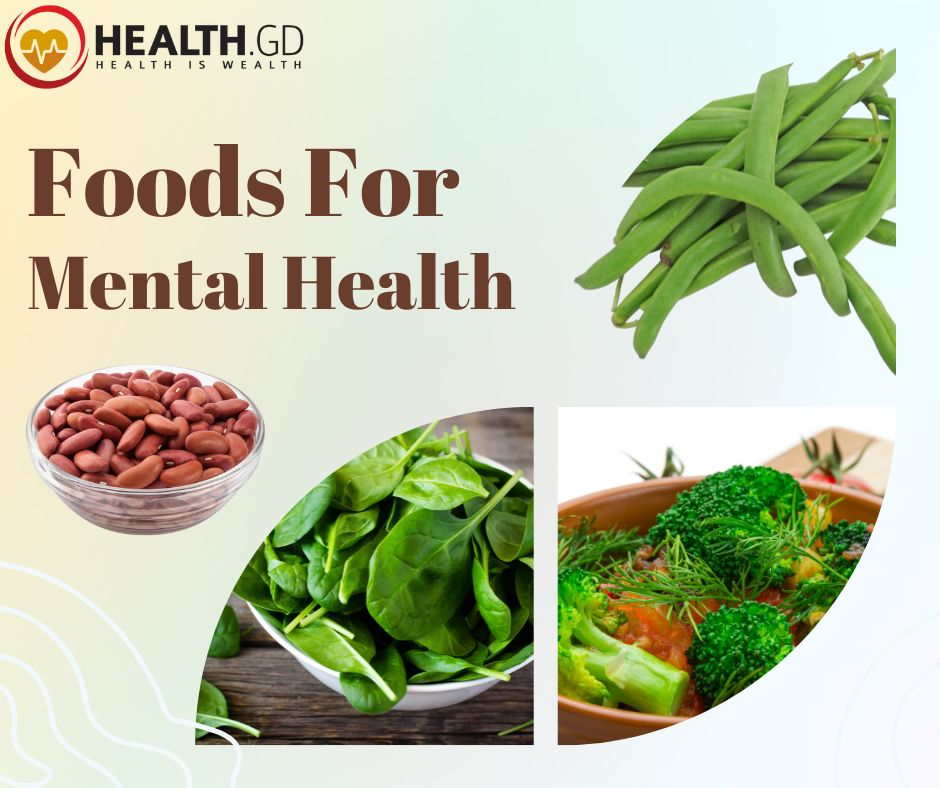
A good diet provides various benefits for young people’s mental health. For one thing, it establishes a lifetime practice of self-care. In addition, healthy meals enhance energy and mental clarity. There is also a link between diet and mood, with eating better helping to boost overall mood.
It is vital at all phases of life, especially during young adulthood, when you start a new profession, go to college or university, create new relationships, and be socially and physically active. There are many natural and organic food there to boost mental health.
Below are the top 10 foods for mental health that help you upgrade your mental health and stabilize your physical health.
1. Grain Whole
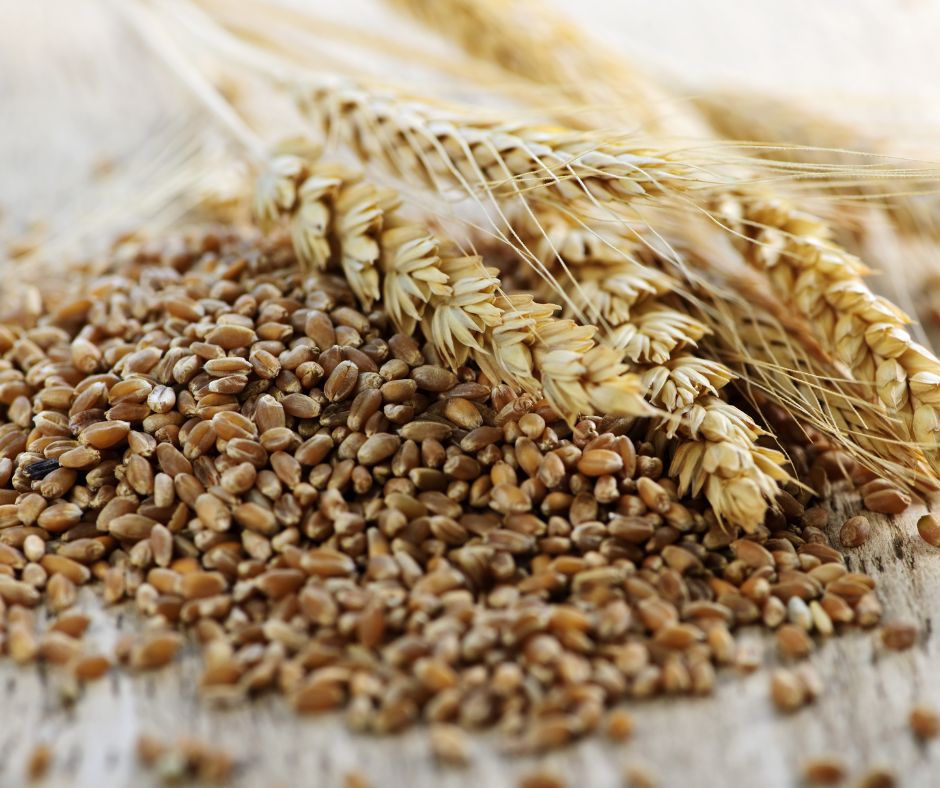
The Grain whole is one of the top10 foods for mental health. Many foods come within this group, including beans, soy, oats, and wild rice. While your body and brain use carbohydrates for energy, we frequently ingest simple carbohydrates, which cause blood sugar increases.
Whole grain foods include complex carbs, which cause glucose to be created slowly as a more even and steady energy source. Furthermore, whole grains help the brain absorb tryptophan. Combined with meals like chicken and turkey, you can minimize feelings of depression and anxiety while improving brain performance.
2. Spinach
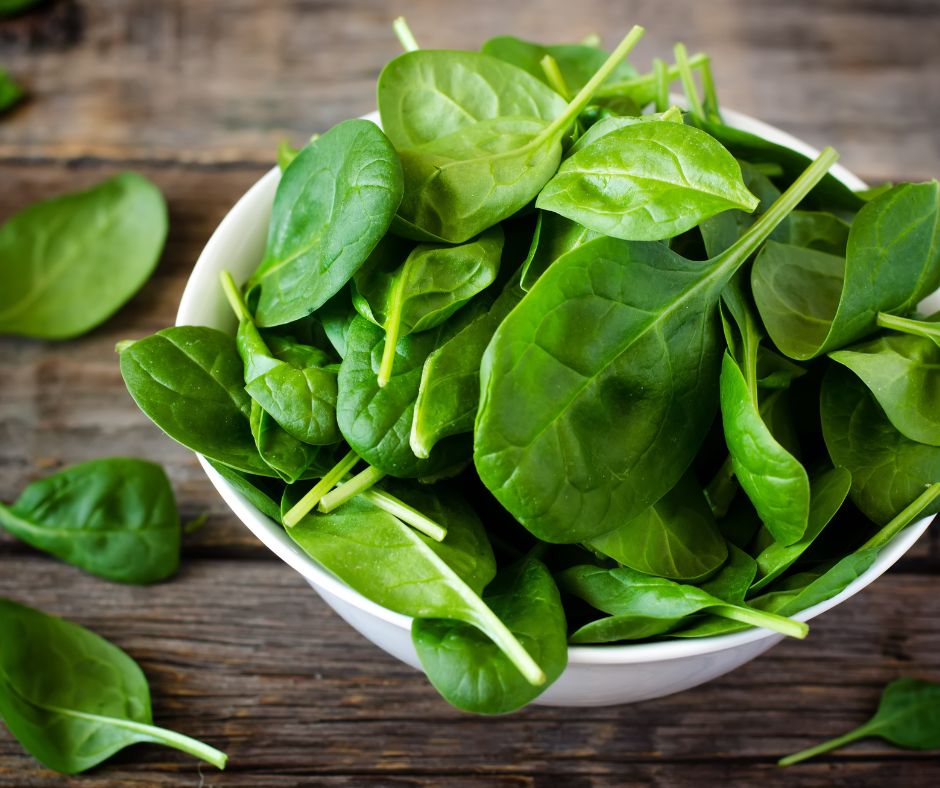
In the list of top ten food for mental health, spinach is not behind in providing mental health benefits. Spinach and other leafy greens have high levels of folic acid, which has been demonstrated to be an effective antidepressant.
It also aids in the treatment of sleeplessness, which has been connected to mental impairments and can help minimize dementia in older persons.
3. Broccoli
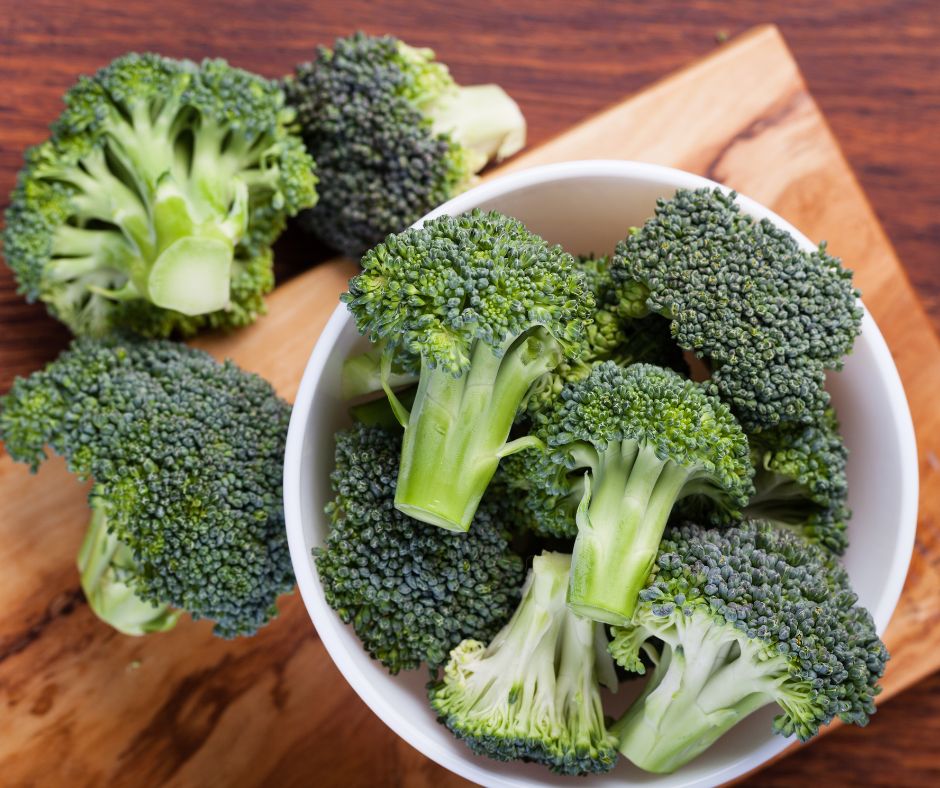
Broccoli is also a top 10 food among the finest. On the other hand, broccoli is high in chromium, which, like zinc, is important for mood-regulating brain parts.
Furthermore, chromium aids in metabolic regulation and helps to prevent sugar crashes. This can aid in the fight against the dreaded hangar, which we all despise. Not only is it high in vitamins, minerals, antioxidants, and fiber, but it also contains bioactive substances.
One of them is sulforaphane, a sulfur-containing molecule linked to schizophrenia in studies. According to reports, the disease of schizophrenia affects more than 21 million people globally. However, the natural ingredients in natural food like broccoli can help reduce the risk of this harmful disease, according to the World Health Organization (WHO).
Therefore, according to a recent study, sulforaphane in broccoli may also be a safe antioxidant here now; it proves that broccoli helps in saving the person from schizophrenia.
4. Nuts
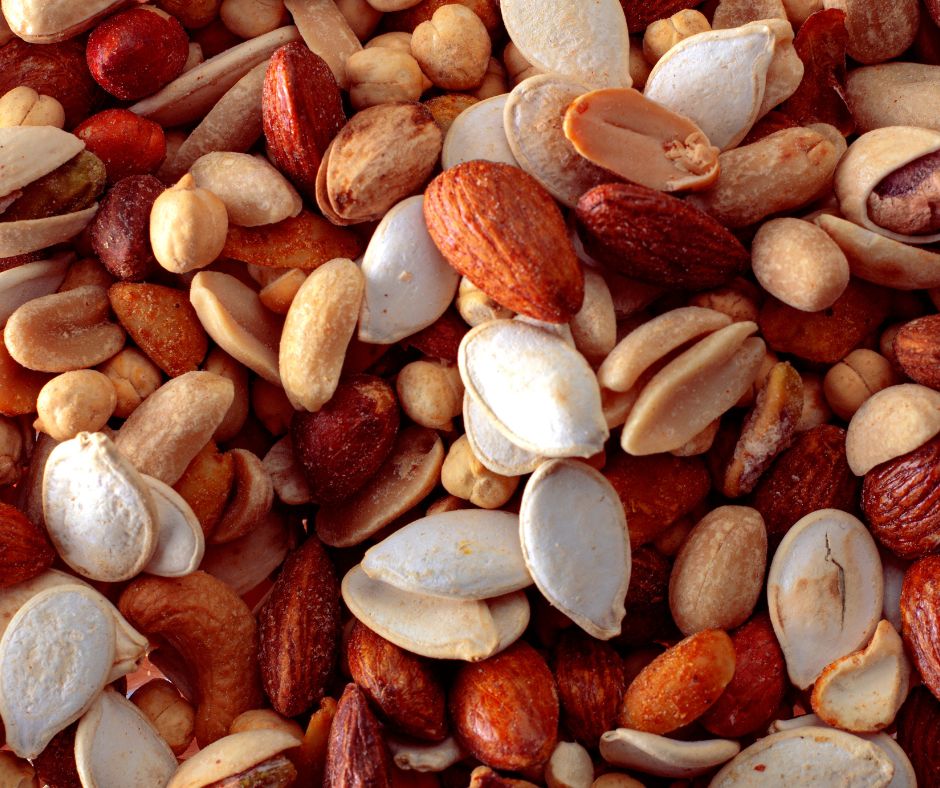
Almonds and other nuts are sources of good mental health. Nuts, like salmon, are high in omega-3 fatty acids, which can aid with depression. Cashews, for example, contain magnesium and assist and deliver oxygen to the brain. Phenylalanine helps to reduce Parkinson’s disease symptoms. Almonds contain phenylalanine, which includes been found to help the brain manufacture dopamine and other neurotransmitters that improve mood.
5. Tomatoes

Lycopene, the source of a tomato’s red color, is classed as an all-around healthy phytonutrient. One of the numerous health benefits it offers is protection against brain disorders. It has been demonstrated to slow the beginning and progression of Alzheimer’s disease by preventing cell damage. Furthermore, lycopene has been demonstrated to aid memory, attention, reasoning, and focus.
6. Beans

Tryptophan, an amino acid that raises serotonin and has a soothing effect, is abundant in kidney beans. Several studies have connected a lack of dietary tryptophan to increased anxiety and stress, whereas increasing dietary tryptophan consumption has been proven to alleviate anxiety and depression. To summarize, diet is an essential aspect of maintaining mental wellness.
And eating these ten meals every day can help prevent or even reverse sadness and anxiety. This evidence-based approach is supported by new research: A research released in the autumn of 2019, one of the first involving young adults, found that a nutritious diet can minimize depression symptoms in this age group. Participants who ate a healthy diet reported decreased depressive symptoms after only three weeks of eating healthily.
7. Avocados

It is incredible in taste, and avocados are rich in vitamin K and folate, which help protect your brain against stroke. They also improve your memory and attention. Avocados also give up a high dosage of lutein, which studies have linked to increased brain function.
8. Green vegetables
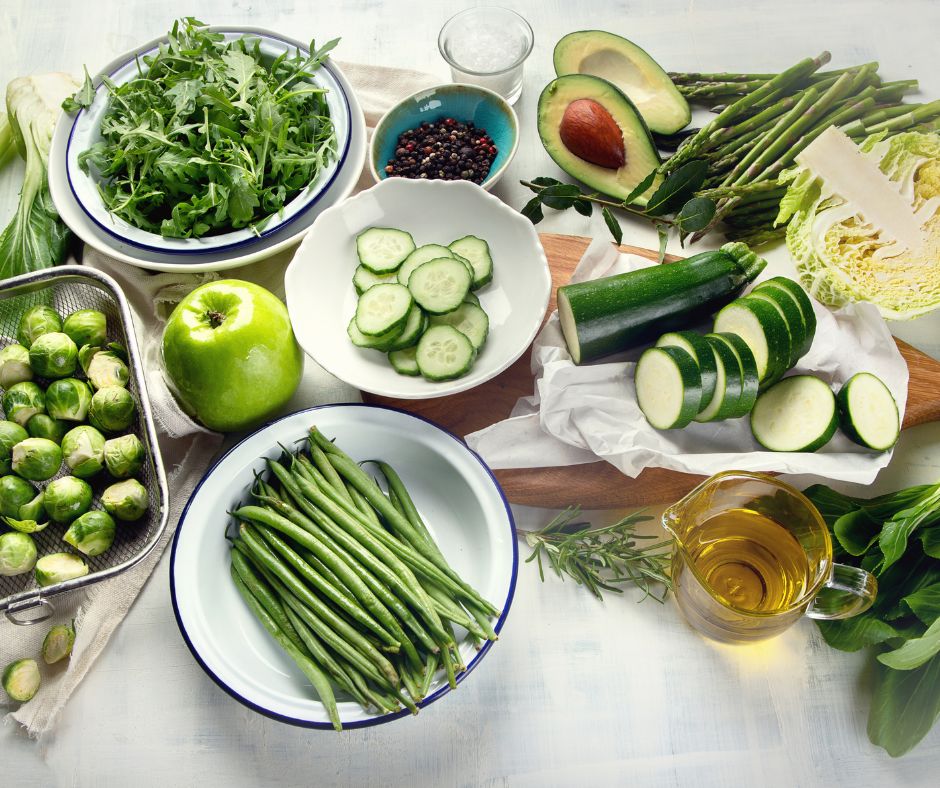
According to the study, a recent survey discovered that consuming one serving of one or two cups of cooked or one cup of raw green leafy vegetables daily may extensively minimize memory loss and improve mental performance. According to the researchers, those who ate roughly 1.3 servings of leafy greens per day had mental capacities comparable to people 11 years younger.
According to its description, the veggies are high in lutein, which decreases brain inflammation, and folate, which suppresses amyloid beta levels in the brain, a characteristic of Alzheimer’s disease.
9. Honey

Honey can promote the release of melatonin, a type of hormone that your body acts to repair while sleeping. This occurs in your brain through a sequence of transformations: honey’s sugars raise your insulin levels, releasing tryptophan, which becomes serotonin, which creates melatonin. Honey had a favorable effect on depression in all of the animal trials. Several studies have found that bee honey consumption improves depressive-like behaviors, cognitive function, and anhedonia symptoms.
10. Milk

Milk and other foods high in vitamin D, C, and B vitamins help keep your digestive system – and your brain – happy. It can result in increased emotional and mental well-being. Lactium, a protein found in milk, is the newest to aid your fight against stress. This protein relaxes the body, decreases blood pressure, and lowers cortisol levels. A glass of milk before bedtime promotes sleep, and adequate rest helps prevent stress.
Additional Foods for Mental Health
1. Olive Oil
Extra virgin olive oil has recently become popular in healthful Mediterranean-style diets. This oil’s polyphenols assist in the elimination of the effects of proteins linked to Alzheimer’s disease. It could help in the improvement of learning and memory.
2. Turmeric
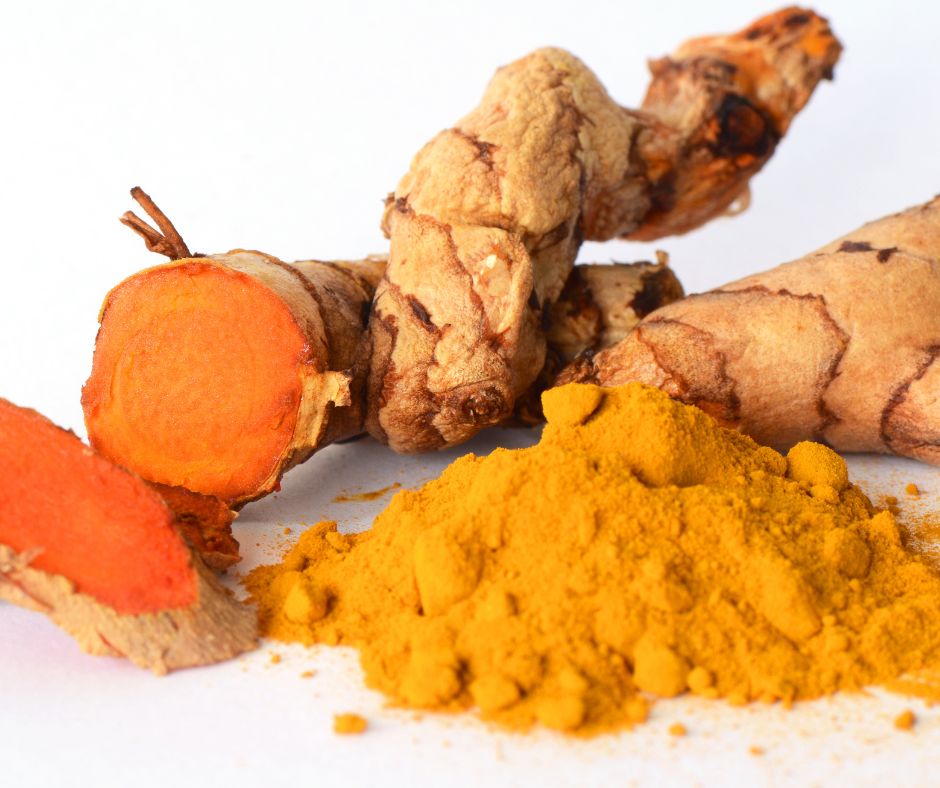
It helps in memory enhancement and may assist persons with Alzheimer’s disease in enhancing their memory. It might also act in the removal of amyloid plaques, which are a characteristic of this disease.
It relieves depression, and curcumin increases serotonin and dopamine levels, enhancing mood. Curcumin has been shown in one study to alleviate symptoms of depression and anxiety when administered in conjunction with usual therapies in persons with depression.
Tumeric helps out in the development of new brain cells. Curcumin increases brain-derived neurotrophic factor, a kind of growth hormone that aids in forming brain cells. It may assist in postponing the onset of age-related mental deterioration, but additional study is required.
3. Fish

Salmon also has naturally high levels of vitamin D, which is commonly added to meals and has been associated with decreasing instances of depression. Tuna, mackerel, and herring are some other fish with high Omega-3 levels. Moreover, the brain uses them for learning and memory to form brain and nerve cells.
Omega-3s also offer various extra benefits for your brain. For one thing, they may assist in delaying age-related mental deterioration and prevent Alzheimer’s disease. Fish is among the best foods providing mental health, and it makes the eyes sharp and healthy.
On the other hand, a lack of omega-3 fatty acids has been related to learning disabilities and depression. In general, eating fish appears to provide health advantages. According to several studies, people who consume fish daily have more brain grey matter. Most nerve cells that drive decision-making, memory, and emotion are in grey matter. Overall, fatty fish is an excellent option for brain health.
Conclusion
An insufficient and non-nutritious diet regularly degrades a person’s mental health; on the other hand, it can cause weariness, decreased decision-making, and sluggish reaction time. In addition, a poor diet can increase, and even cause, stress and melancholy.
The most serious health issue is society’s dependency on processed and junk meals. According to the findings from the study, unlike family food insecurity, many risk variables for depression, such as poor socioeconomic status, gender, or genetic inclination, are global or difficult to modify.
Only in the wave stood food insecurity related to meeting the diagnostic screening criteria for recent severe depression and a poorer sense of ability. If food insecurity is a contributing or causing component in severe depression, reducing or alleviating it may lower the likelihood of development or recurrence.
These diets may help upgrade your physical and mental health together. The meat of Turkey and other tryptophan-containing foods, such as eggs, dark chocolate, cheese, pineapple, bananas, oats, and tofu nuts, particularly almonds, are good sources of vitamin E.
Therefore, it may help avoid vitamin E insufficiency, which has been associated with mood problems. Lastly, it is high in Chia seeds, in meat, fish, nuts, and dairy, providing amino acids that the body converts into mood-lifting neurotransmitters such as serotonin; other than spinach, and Swiss chard Source, which are both high in magnesium fruits such as berries, cherries, and citrus help in upgrading the mental health.








